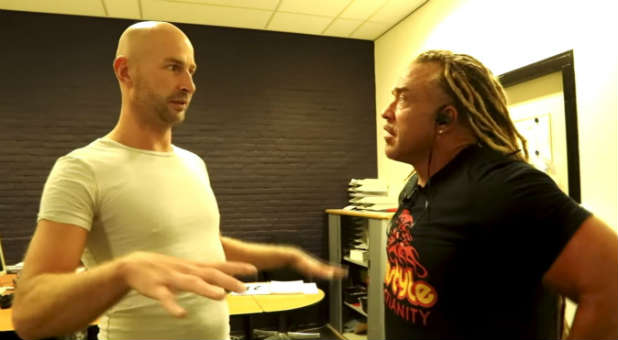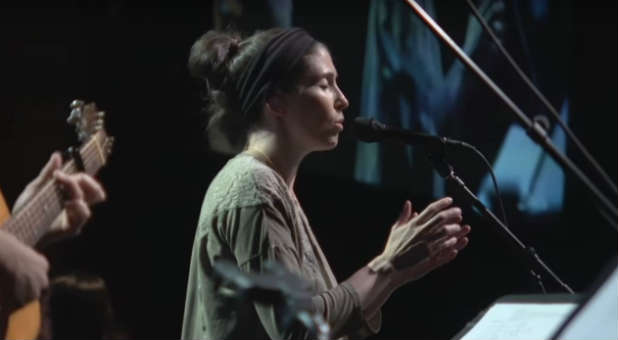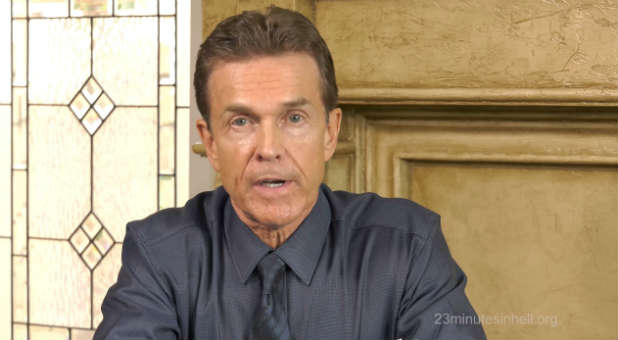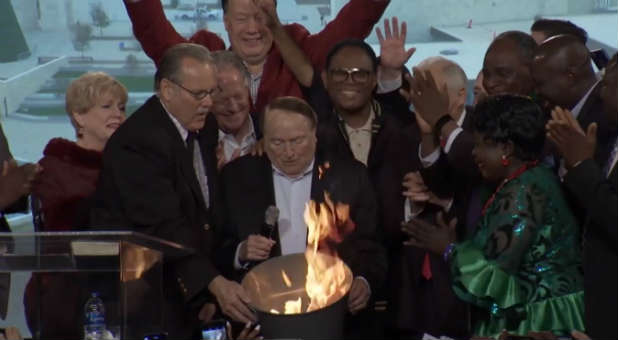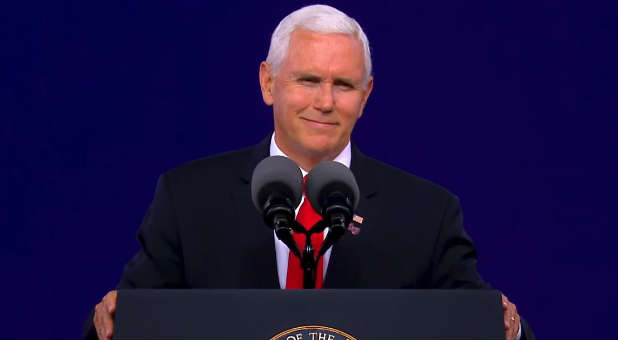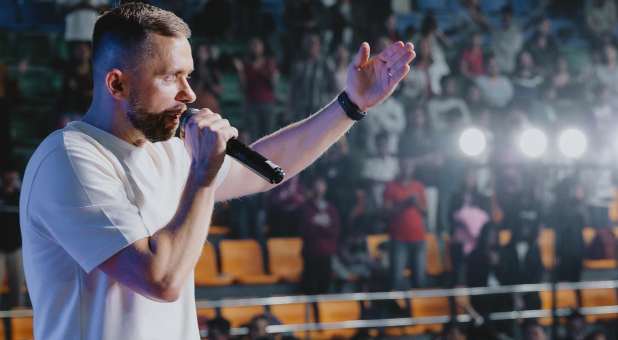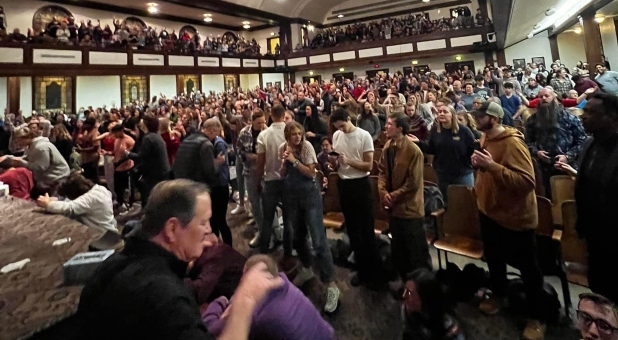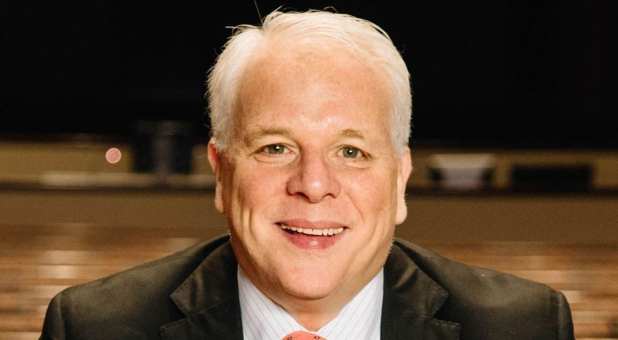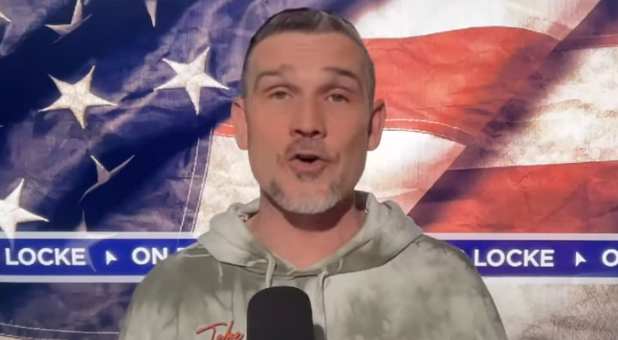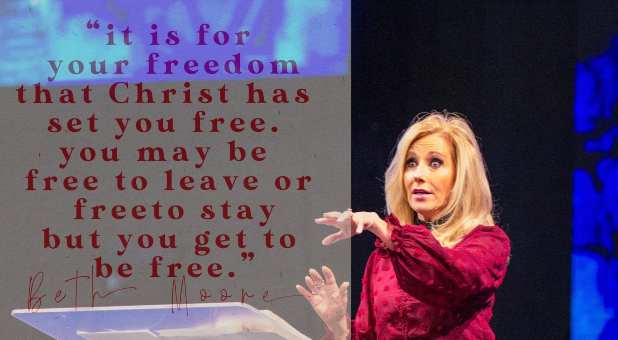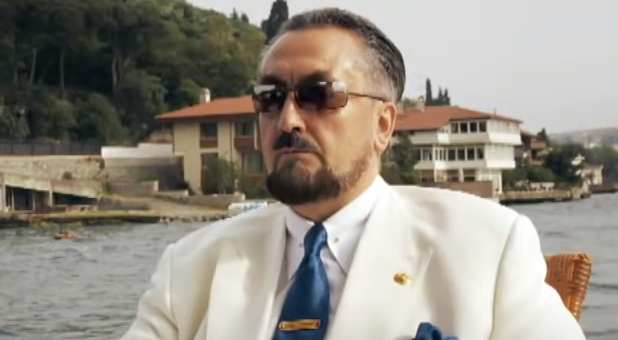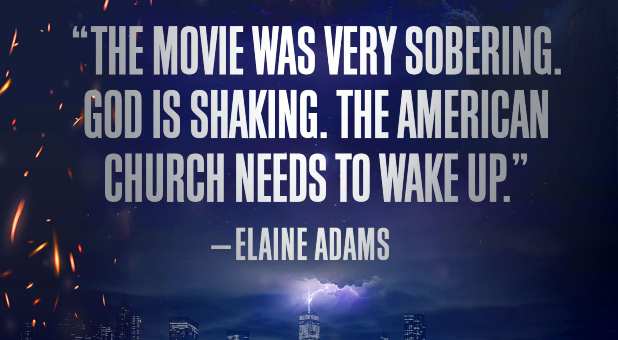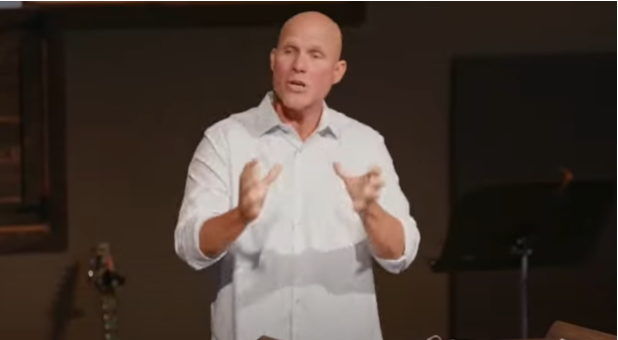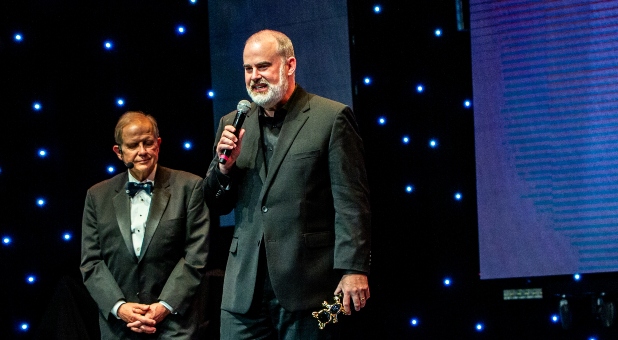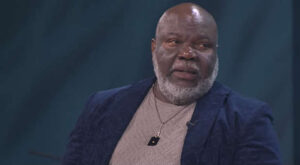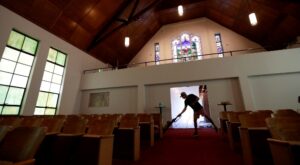Georgia Gwinnett College claims it wants to “stimulate discussion and debate” and create “an environment that honors and respects all members of the GGC community.”
But that was not Chike Uzuegbunam’s experience.
Uzuegbunam became a Christian in college after two fellow students took the time to talk with him about their faith and the Bible. Uzegbunam’s life was changed by what he heard, and he felt called to share that with others—to encourage them to also have hope in God.
And what better place to do that than on his college campus?
But that calling is exactly what set Uzuegbunam at odds with Georgia Gwinnett College officials and on the path to the U.S. Supreme Court.
In 2016, Uzuegbunam was handing out religious literature and sharing his faith with passersby in a public outdoor area on campus. But shortly after he started, college officials stopped him. They said he needed to get permission to share his faith in public on campus and that he could only do so in a tiny area of campus, called a “speech zone.”
Uzuegbunam did what they asked. And it wasn’t an easy process. He applied for permission to speak, explained the content of his speech, indicated the time and place he would be speaking, submitted the literature he would be handing out and signed the required documents.
But it was all for nothing. When Uzuegbunam started to speak in his reserved time and place, two campus police officers approached and stopped him again, taking his student ID back to their car and forcing him to wait in front of everyone there. Ultimately, they told him to stop speaking or face discipline.
Does that sound like the freedom of speech?
Uzuegbunam knew this wasn’t right, so he contacted Alliance Defending Freedom, (ADF) and we filed a lawsuit on his behalf.
Georgia Gwinnett College responded that Uzuegbunam’s peacefully sharing his faith should receive no constitutional protection. Then, after he graduated, the college changed its policies and asked the court to dismiss Uzuegbunam’s case as if nothing had ever happened. Two courts agreed, dismissing the case and declining to hold the college responsible for its actions.
And that’s why we will soon be arguing before Supreme Court to set this right.
Unfortunately, this is not an isolated incident. An overwhelming number of colleges have unconstitutional speech policies in place right now that are eerily similar to the policies used to silence Uzuegbunam.
But colleges and universities are supposed to promote the free exchange of ideas as they raise the next generations of leaders. When they don’t, courts should hold them responsible.
As ADF General Counsel Kristen Waggoner put it: “If the government has no consequences for violating our constitutional rights, then what’s the point of having those rights in the first place?”
Read the original article from Alliance Defending Freedom here and watch the full video here.


